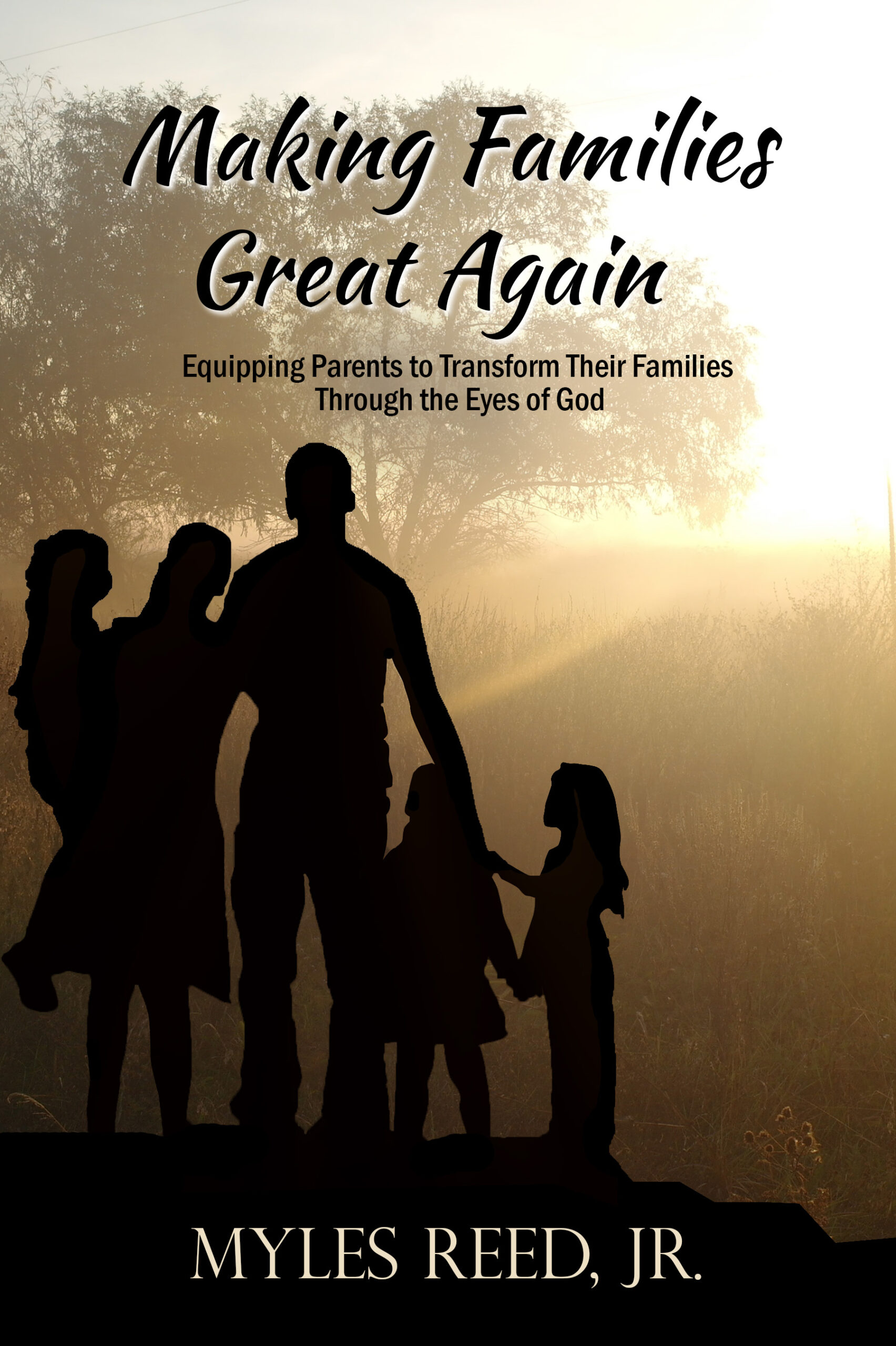

A memoir tells what happened, which easily loses focus on the emotion of the moment. Eleven-year-old Tom Sullivan took a flying leap off Suicide Rock to the water sixty feet below, where many had died. Why would a blind kid jump? That’s insane. In hearing about what happened, we are amazed.
But if we rewrite the paragraph to show his emotion at that moment, we might be more than amazed. We would see why this was his only option.
From blind author Tom Sullivan’s personal experience:
Forty-five years have passed since that day in July, forty-five wonderful years. My life has been full of love and adventure, struggle and triumph. So why would I risk everything, jumping from Suicide Rock? Because I had to force myself into the world. I had to make a place. It wasn’t enough to just share my friendship with Billy. I wanted much more—so much more. And so . . .
“Geronimo,” I cried, leaping into space.
What we might write in improvement:
Did I want to live or die? The surface of the water was sixty feet down, and beneath that, the rocks where many had died. Could I survive the leap? If I considered the danger, jumping from Suicide Rock was too great a risk. But I was looking at how life would be after I swam to the surface. Jumping would prove something, not just to others but to myself. I had to force myself into the world of sighted people, and that was a reward worth dying for. It wasn’t enough to just share my friendship with Billy. I wanted more—so much more. And so . . .
“Geronimo,” I cried, leaping into space.
Here’s the reasoning behind some of the changes:
- To be in the present moment, we can’t be the observer, forty-five years later. So including the first sentence isn’t an option.
- The second sentence isn’t an option either. Tommy hasn’t yet had a life full of love and adventure, struggle and triumph. He could have that as a goal, but the experience hasn’t come yet.
- We need the questions that might have been going through his mind so we can be participants in his emotional struggle: “Did I want to live or die? Could I survive the leap?”
- The cliff was aptly named Suicide Rock, but we need to see the boy’s dilemma with these sentences: “If I considered the danger, jumping from Suicide Rock was too great a risk. But I was looking at how life would be after I swam to the surface.”
- Given his goal for enjoying a life full of love and adventure, struggle and triumph, he had no choice but to jump, which we might describe this way: “Jumping would prove something, not just to others but to myself. I had to force myself into the world of sighted people, and that was a reward worth dying for.”
- We want to build on his need for more, not repeat “much more.” So first we want “more,” followed by “much more.”




 Character is a critical key to becoming a person of quality, and it starts in the home!
Character is a critical key to becoming a person of quality, and it starts in the home!